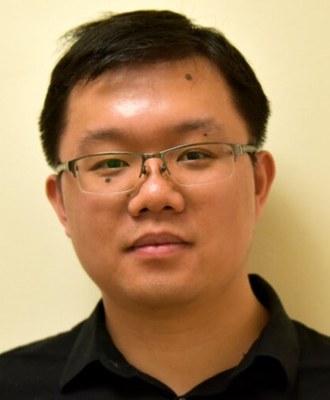Qui Yang
(Pacific Northwest National Laboratory)
Two Theororetical Frameworks on Mid-Latitude Mesoscale Convective Systems Over the Land
| What | Meteo Colloquium |
|---|---|
| When |
Sep 27, 2023 03:30 PM
Sep 27, 2023 04:30 PM
Sep 27, 2023 from 03:30 pm to 04:30 pm |
| Where | 112 Walker Building |
| Contact Name | Xingchao (XC) Chen |
| Contact email | xzc55@psu.edu |
| Add event to calendar |
|
 Abstract:
Abstract:
Mesoscale convective systems (MCSs) are the dominant rainfall producer in the U.S. during the warm season, causing natural disasters and severe weather every year. GCMs have large uncertainty in modeling the MCS life cycle and projecting its future precipitation changes, highlighting an urgent need for a better understanding of MCS dynamics. In this talk, I will introduce two theoretical frameworks that we developed recently to isolate the bare-bone mechanisms for MCS initiation, intensification, and propagation. The first theoretical framework [1] is a Lagrangian parcel model (includes single- and multi-column versions) that mainly focuses on thermodynamic aspects of MCS dynamics. The single-column parcel model projects realistic changes in mean precipitation and convective population under warming, in agreement with comprehensive numerical simulations. The multi-column parcel model captures readily the cold pool-induced upscale growth feature and projects smaller mesoscale clusters over the central U.S. under warming. The second theoretical framework [2] is a moist potential vorticity (PV) model that mainly focuses on dynamic aspects of MCS dynamics. It readily describes the interactions among PV perturbations, air moisture, and soil moisture and highlights the crucial role of mechanical forcing, convection-evaporation positive feedback, background vertical wind shear, and stratiform heating in shaping the mesoscale circulation of MCSs. These two theoretical frameworks should be a useful tool for understanding fundamental mechanisms of mid-latitude MCSs over the land and providing useful guidelines to improve GCM simulations.
